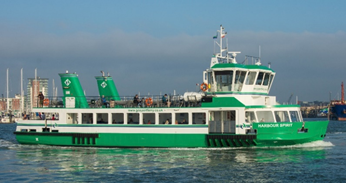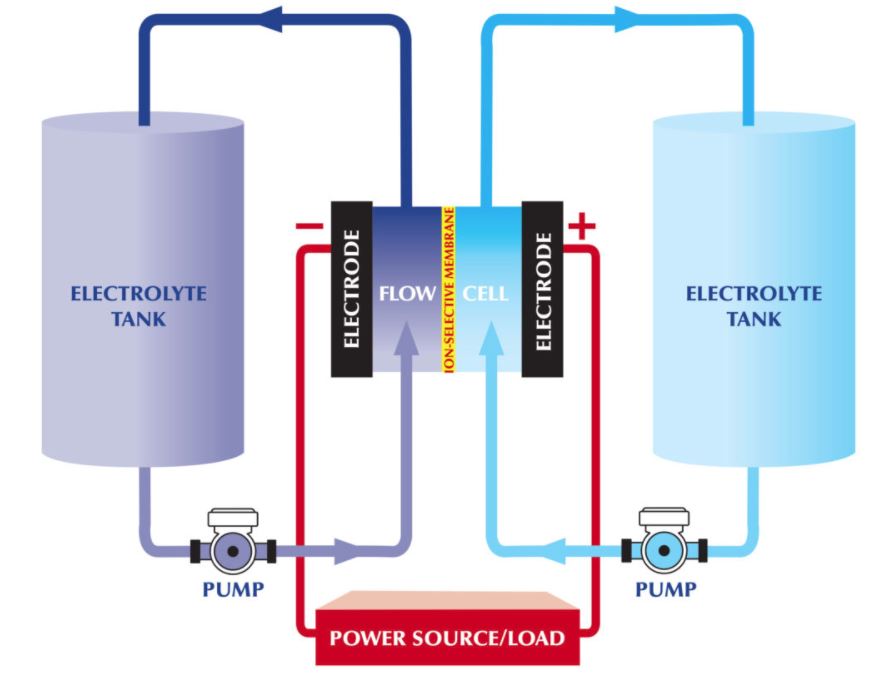FLO-MAR project validates flow batteries to help decarbonisation of vessels and improve air quality in ports

Example of harbour ferry that could be an early adopter of this technology
The FLO-MAR project, co-funded by the Clean Maritime Call, a MarRI-UK initiative supported by the Department for Transport, has completed its research to assess the feasibility of using innovative flow batteries in maritime applications to enable zero-emission marine propulsion and auxialiary power.
The project has produced a concept design of the most suitable vessel type to adopt this technology which includes a concept general arrangement drawing, operation profile and hazard register. The project has also produced a commercialisation plan to highlight where flow batteries could be most advantageous as well as identifying likely early adopters of the technology.
Existing battery powered vessels mainly use lithium chemistry batteries which need costly thermal management and fire risk containment whereas redox flow batteries can eliminate these disadvantages and offer greater design flexibility. Recent developments have made flow battery technology suitable for marine applications with potential for much faster charging in port, coupled with cost-effective storage and flexibility in terms of vessel layout.
The FLO-MAR project considered three types of flow battery and a range of vessels from small river passenger vessels up to coastal tankers with differing duty cycles to highlight where flow batteries could offer clear advantages over conventional fossil fuel propulsion.
The project concluded that flow batteries can successfully offer both electric and hydraulic recharging for vessels, there are no serious safety issues and they are likely to bring savings in maintenance and cost of ownership. They are a viable option for zero emission propulsion, and are also well suited for hybrid systems.
The FLO-MAR project identified a number of vessel types as being most suitable for the technology which includes wind farm support vessels, short-range ferries, port and harbour vessels and inland leisure craft.
Jonathan Williams, CEO of MSE International, the project lead partner commented, “There is no single silver bullet for decarbonising our sector, but FLO-MAR gives us confidence that flow batteries have an important role to play. We are pressing ahead with plans both to enhance the performance of this technology even further, as well as to demonstrate flow batteries on a vessel.”
The FLO-MAR project successfully brought together a consortium of 4 organisations; Houlder, naval architects with broad experience in vessel design; Swanbarton, specialists in energy storage and control technologies for electrical power systems and founders of the International Flow Battery Forum; Lloyd’s Register, a classification society with expertise in risk assessment and certification and MSE International, a marine cluster with expertise in delivering innovation projects and commercialisation roadmaps.
To be kept informed of MSEs projects in the area of decarbonisation please subscribe to the MSE Maritime Decarbonisation Interest Group at https://mseinternational.org/interest_groups/decarbonisation/




